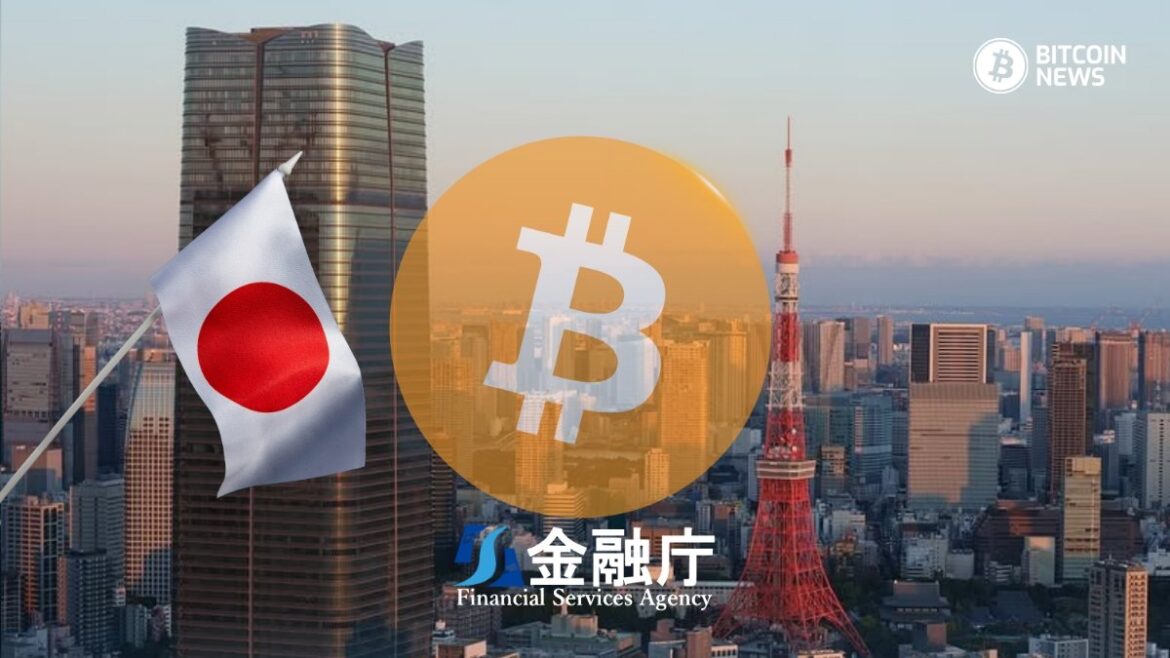Japan’s Financial Services Agency (FSA) is planning to make major changes to the regulations that could allow Japanese banks to hold bitcoin and other digital assets for investment purposes — a move that could change the face of the country’s financial landscape.


If approved, it will be the first time in Japan’s history that banks are allowed to buy, hold and trade bitcoin and digital assets directly.
The plan is reportedly being reviewed by the Financial Services Council, an advisory body to the Prime Minister, that could also allow banks to operate bitcoin exchanges.
According to a report by Japanese media Livedoor News, the FSA wants to create a framework that treats bitcoin like traditional financial instruments such as stocks and government bonds.
The goal is to allow banks to handle digital assets in the same way they deal with securities. The FSA thinks it’s time to integrate digital assets into the conventional financial system.
Currently, Japanese banks are not allowed to hold digital assets for investment.
The restriction was introduced in 2020 after regulators raised concerns over volatility risks. Sharp price movements in assets like bitcoin could hurt a bank’s financial stability if not managed properly.
Under the new system, the FSA will lift the restriction — but only with strict risk controls in place. The regulator will impose capital and exposure limits, as well as mandatory stress testing to ensure banks are financially sound even if digital asset prices fluctuate wildly.
Bitcoin is known for its price volatility. Holding large amounts could quickly weaken a bank’s financial stability as it increases the risk of big losses if the market goes down.
To prevent such risks, the FSA is designing what it calls a robust risk management system. Discussions at the upcoming working group meeting will focus on how banks can manage the unique risks that come with digital asset exposure.
Related: Japanese Lawmaker Calls for Creation of National Bitcoin Reserve
Analysts say this is Japan’s cautious but progressive approach to financial innovation. Japan’s proactive approach to regulating digital assets has laid the ground for the country to have more advanced policy discussions.
Another part of the proposal is to allow banks to register as official “cryptocurrency exchange operators”. Currently only licensed digital asset companies can offer trading and custody services in Japan. Banks that want to enter the space must create a separate subsidiary.
If approved, banks can offer bitcoin trading services to their customers under the same group. This will increase trust and safety in the market, as established financial institutions will bring stronger compliance and security.
Letting banks run digital asset exchanges would make life a lot easier for everyday investors wanting to get in on the bitcoin market.
To keep up with this growth, the FSA is considering transferring digital assets oversight from the current Payments Services Act to the Financial Instruments and Exchange Act (FIEA), which governs securities and investment products.
The regulator said that many challenges in digital assets resemble those in the securities sector, suggesting that similar investor protection rules may apply.
